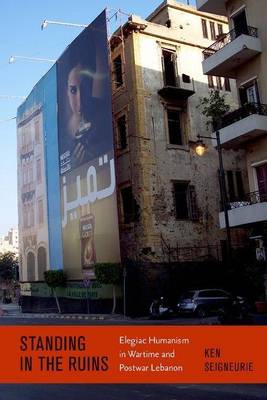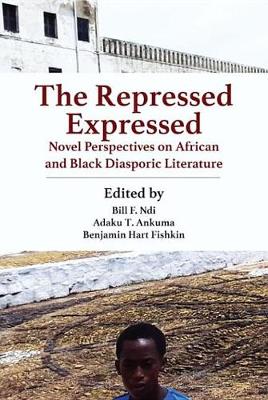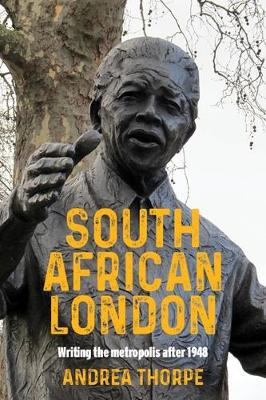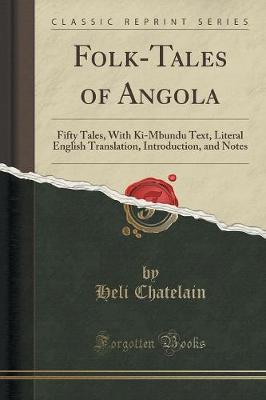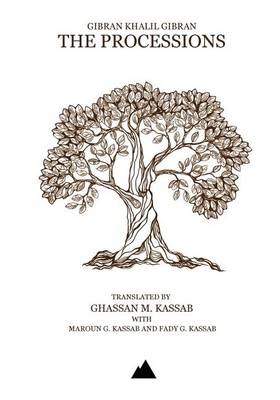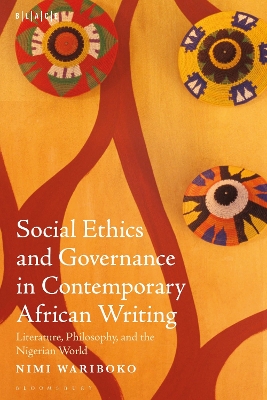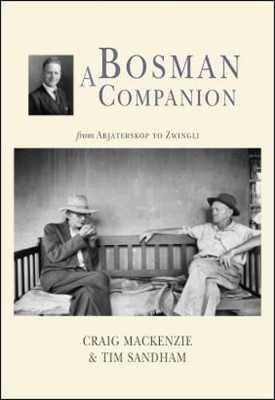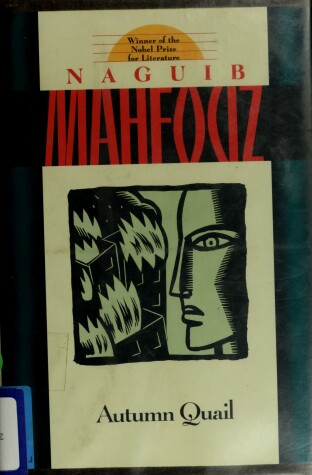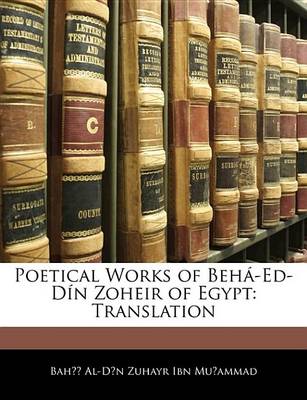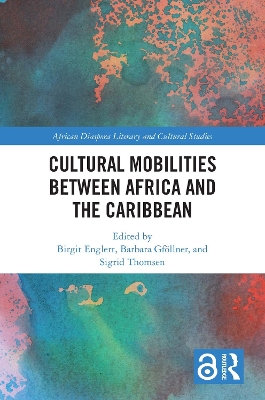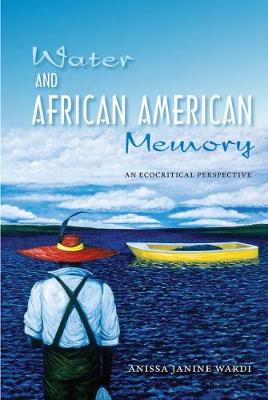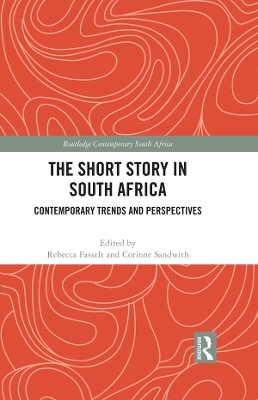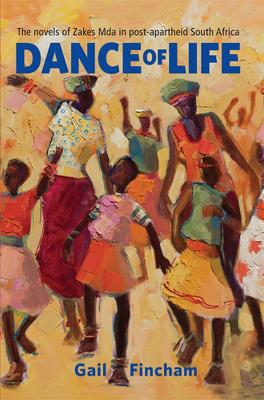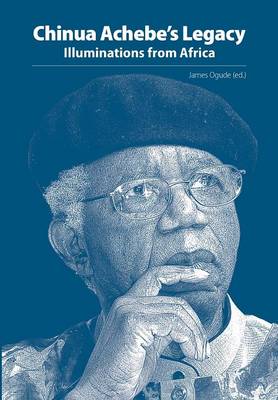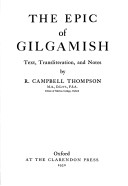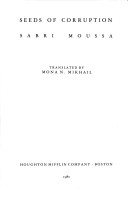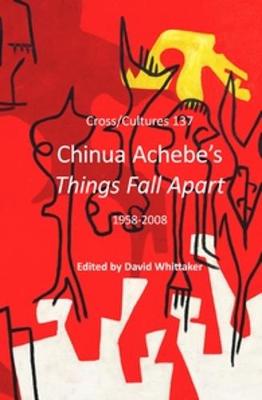Standing by the Ruins: Elegiac Humanism in Wartime and Postwar Lebanon
by Ken Seigneurie
This book presents a long-ranging and in-depth study of South African writing set in London during the apartheid years and beyond. Since London served as an important site of South African exile and emigration, particularly during the second half of the twentieth-century, the city shaped the history of South African letters in meaningful and material ways. Being in London allowed South African writers to engage with their own expectations of Englishness, and to rethink their South African identi...
Writers in Politics (Studies in African Literature) (African Writers)
by Ngugi wa Thiong'o
Ngugi has put together a new collection under an old title, rewriting most of the pieces that appeared in the original 1981 edition, and adding completely new essays, such as 'Freedom of Expression', written for the campaign to try to save Ken Saro-Wiwa and other Niger Delta activists and writers from execution in Nigeria. Kenya: EAEP
Social Ethics and Governance in Contemporary African Writing (Black Literary and Cultural Expressions)
by Nimi Wariboko
Social Ethics and Governance in Contemporary African Writing is the first book to bring rigorous literary, philosophical, and artistic discourse together to interrogate the ethics of governance and development in postcolonial Africa. It takes literature seriously as a context for philosophical reflection, vividly engaging the human agency, creativity, and resourcefulness of local Nigerians as political and social actors and shedding new light on the dynamics of human flourishing. Drawing on im...
This is a tale of moral responsibility, alienation and political downfall featuring a corrupt young bureaucrat, Isa ad-Dabbagh, who is one of the early victims of the purge after the 1952 Revolution in Egypt. This is the conflict is between his emotional instincts and his acceptance of the Revolution.
Poetical Works of Beh-Ed-Dn Zoheir of Egypt
by Bah Al-Dn Zuhayr Ibn Muammad
Ancient Egyptian Literature (Cameos in History & Culture, v. 3)
by Krishna Chaitanya
This book investigates the cultural connections between Africa and the Caribbean, using the lens of Mobility Studies to tease out the shared experiences between these highly diverse parts of the world. Despite their heterogeneity in terms of cultures, languages, and political and economic histories, the connections between the African continent and the Caribbean are manifold, stretching back to the trans-Atlantic slave trade. The authors in this book look to the past as well as to the present,...
Mimomania (California Studies in 19th-Century Music, #13)
by Mary Ann Smart
When Nietzsche dubbed Richard Wagner 'the most enthusiastic mimomaniac' ever to exist, he was objecting to a hollowness he felt in the music, a crowding out of any true dramatic impulse by extravagant poses and constant nervous movements. Mary Ann Smart suspects that Nietzsche may have seen and heard more than he realized. In "Mimomania" she takes his accusation as an invitation to listen to Wagner's music - and that of several of his near-contemporaries - for the way it serves to intensify the...
While there is no lack of scholarship on the trans-Atlantic voyage and the Middle Passage as tropes in African diasporic writing, to date there has not been a comprehensive analysis of bodies of water in African American literature and culture. In Water and African American Memory, Anissa Wardi offers the first sustained treatise on watercourses in the African American expressive tradition. Her holistic approach especially highlights the ways that water acts not only as a metaphorical site of t...
The Short Story in South Africa (Routledge Contemporary South Africa)
This book considers the key critical interventions on short story writing in South Africa written in English since the year 2000. The short story genre, whilst often marginalised in national literary canons, has been central to the trajectory of literary history in South Africa. In recent years, the short story has undergone a significant renaissance, with new collections and young writers making a significant impact on the contemporary literary scene, and subgenres such as speculative fiction,...
Companion to African Literature and Culture
In recent years, the work of Zakes Mda-novelist, painter, composer, theater director and filmmaker-has attracted worldwide critical attention. Gail Fincham's book examines the five novels Mda has written since South Africa's transition to democracy: Ways of Dying (1995), The Heart of Redness (2000), The Madonna of Excelsior (2002), The Whale Caller (2005), and Cion (2007). Dance of Life explores how refigured identity is rooted in Mda's strongly painterly imagination that creates changed spaces...
African Lit. Today #10 (African Literature Today (Hardcover), #10)
The Epic of Gilgamesh is among the earliest surviving works of literature, with the earliest versions dating from around the Third Dynasty of Ur in early Sumeria (2150-2000 BC). Preserved in Cuneiform, the Epic was retold over the centuries, and the most complete version was discovered in the ruins of the library palace of the seventh century BC Assyrian king, Ashurbanipal. The Epic is most notable as being the obvious source of the biblical story of Noah and the flood. Taken up into Judaism, an...
Chinua Achebe's Things Fall Apart (Cross/Cultures, #137)
Since its publication in 1958, Chinua Achebe's Things Fall Apart has won global critical and popular acclaim. Offering a hitherto unlimned picture of a traditional culture, it is both a moving story of the coming of colonialism and a powerful and complex political statement on the nature of cross-cultural encounter. The novel has been immensely influential work as the progenitor of a whole movement in fiction, drama, and poetry focusing on the re-evaluation of traditional cultures and postcoloni...
Short Fiction as a Mirror of Palestinian Life in Israel, 1944-1967 (Crosscurrents: New Studies on the Middle East, #4)
by Jamal Assadi and Saif Abu Saleh
This volume seeks to document the development of the Palestinian short story between 1944 and 1967. This particularly significant phase that carried the seeds, from which the short story grew, was greatly influenced by the last years of the British mandate over Palestine in 1944, the establishment of the state of Israel in 1948, and the subsequent changes that impacted Palestinian society in this country until the Arabs' defeat in the Six Day War, 1967. Within the fold of this volume, the reade...
